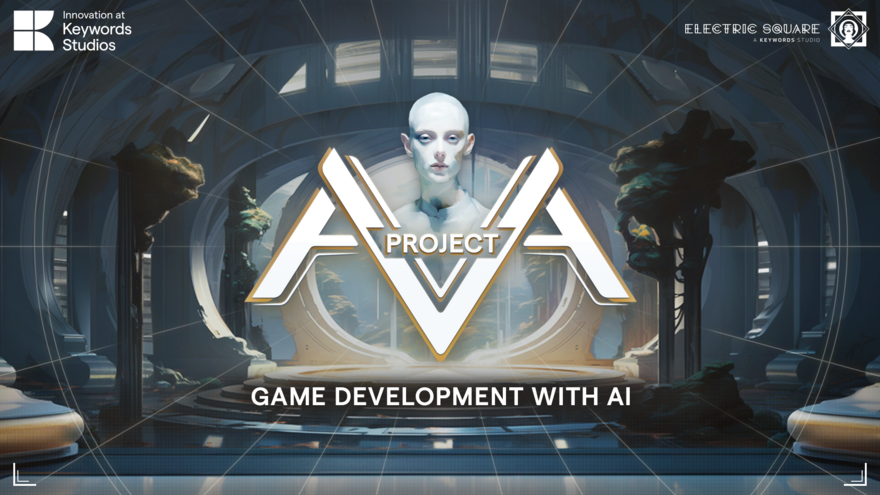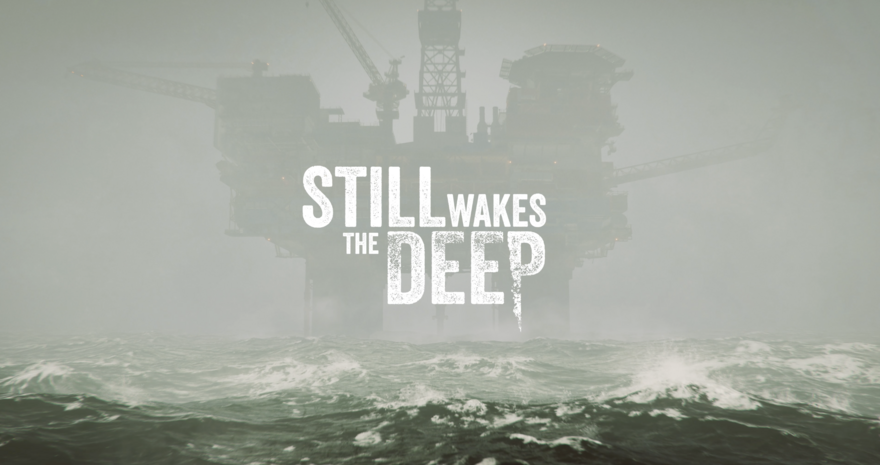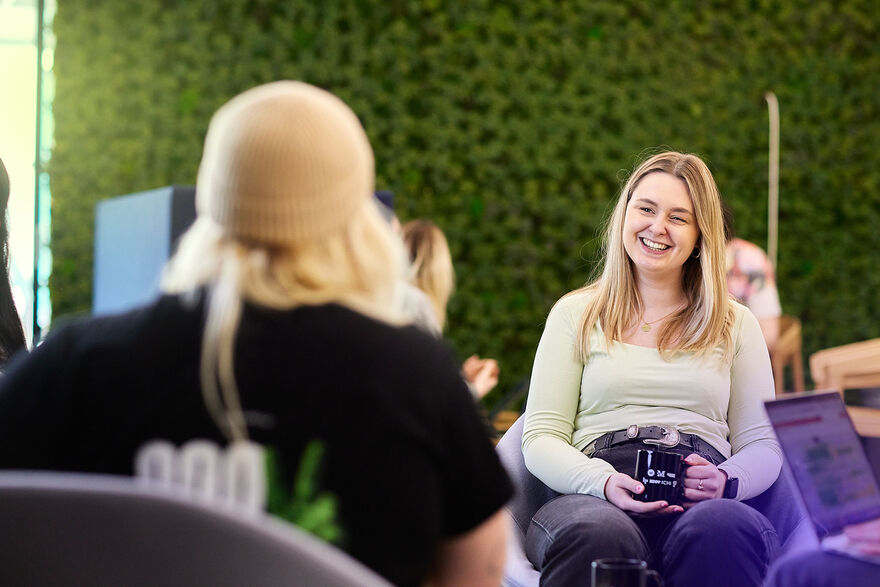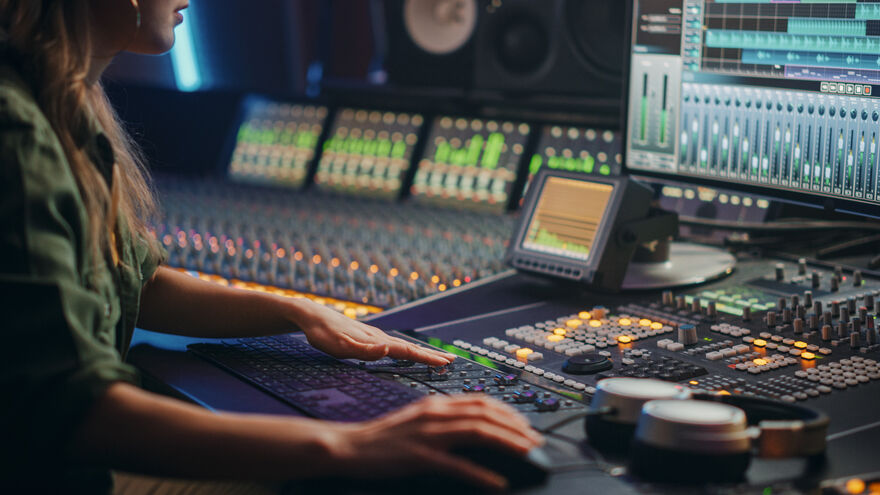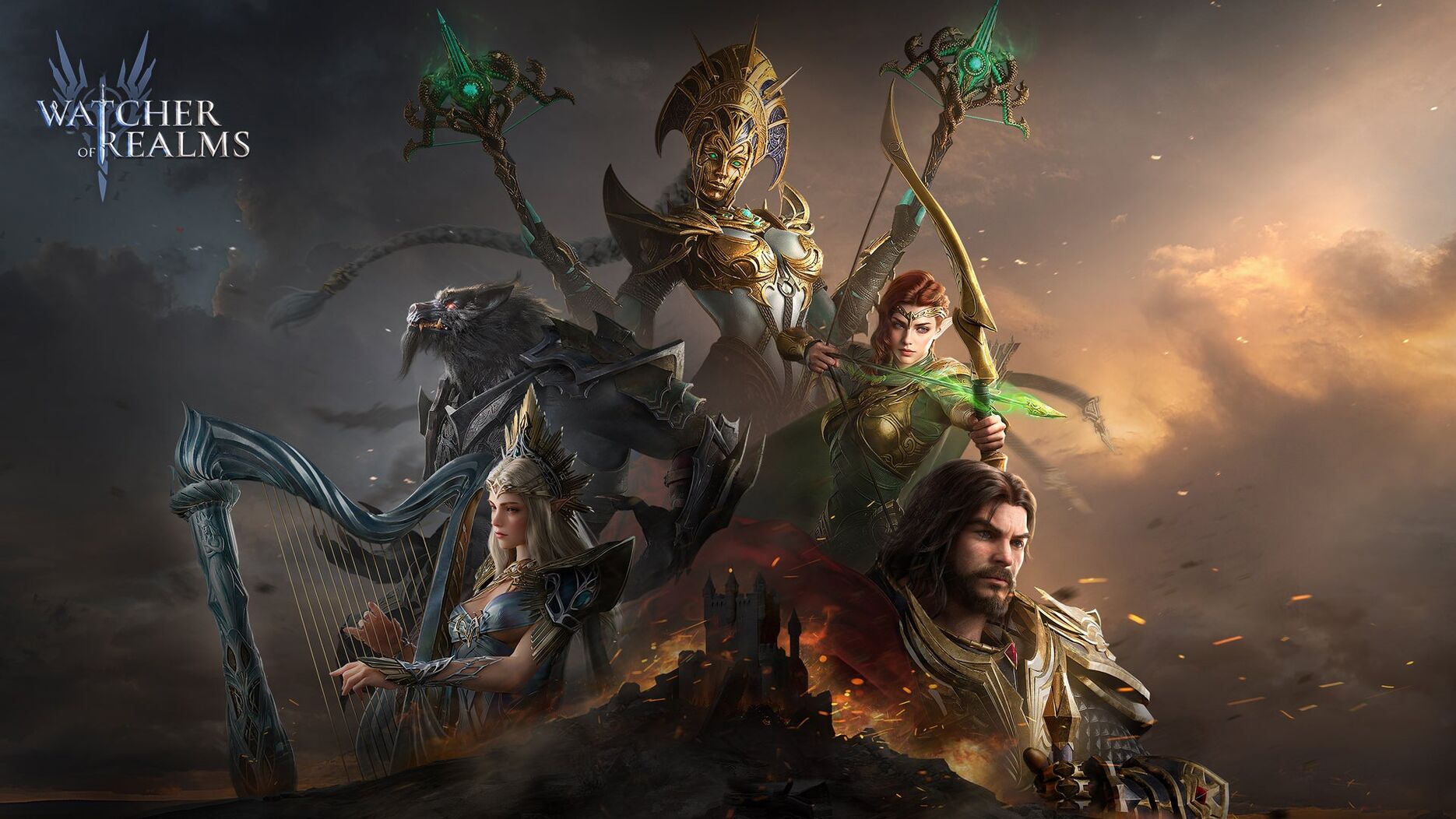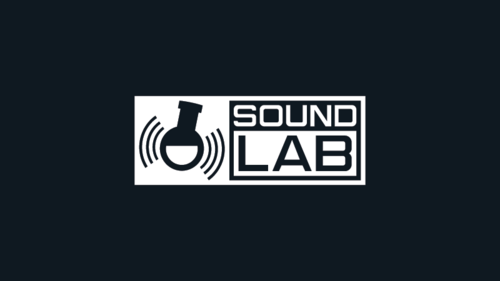Studio Profile: Sound Lab
Sound Lab has taken audiences on immersive audio journeys in film and video games for over three decades, delivering on esteemed titles such as Guillermo del Toro’s Pinocchio, Nightcrawler, Resident Evil.
We sat down with Studio Head Debbie Gonzalez to discuss the origins of Sound Lab, how it's keeping pace with an everchanging industry and much more.

Can you tell us how Sound Lab was formed?
Our journey creating sound for media began about 30 years ago. Starting out as an effects editor at Soundelux, Scott Gershin, Creative and Managing Director of Sound Lab, rose up through the ranks, eventually building a group called Soundelux Design Music Group, which provided sound and music for games, commercials as well as the Themed Entertainment industry. In 2014 Scott moved on to Formosa, where I joined as Business Development Manager. In 2016 Scott and I, along with the creative team, founded The Sound Lab at Technicolor with a particular focus on creating immersive sound for VR. In 2018, Keywords acquired the group and we have since been happily growing and continuing to provide Hollywood level sound design along with AAA level technical sound support to games, film and streaming projects.
What services and expertise does Sound Lab offer? How did you realise there was a market for these services?
Our services include Sound Supervision, Sound Design, Sound Effects, Mixing, ADR, Foley, Field Recording, full Music services, Audio Implementation and Technical Sound Design. In addition, we offer Voiceover Casting, Recording, Facial Mocap and Dialogue Editorial.
As long as there has been media, there has been a need for sound. As George Lucas famously said, sound is 50% of the experience in film. It’s no different in games, and sometimes sound can be as important as visual clues in a game. For instance, you can’t see an enemy sneaking up on you, but you can hear their footsteps getting closer and closer.
We have also expanded our Technical Sound Design team by bringing in industry legend and Audio Director, Jay Weinland. With over 25 years in the games industry, he is a passionate and experienced game audio professional who spent 18 years at Bungie, his last 4 as Head of Audio. Jay Leads the Sound Lab Technical Sound Design and Implementation Team to help our clients build audio systems for their games that work… and sound great!
With Scott at the creative helm and Jay steering the technical ship, we can offer full spectrum audio services with outstanding quality and efficiency.
How has Sound Lab evolved over the years?
The addition of film quality streaming content now has opened up a new world for us. The quality of what we can all stream on our TVs now is incredible, and we are enjoying bringing our quality brand of sound to your living rooms.
What has also changed dramatically is technology. In the games space specifically, for many years we have been an outsource provider, creating sounds that we “throw over the fence” for someone in-house to implement into the game. With technology and security improving, and work from home mandates as a result of Covid-19, the industry has found a way to let outsourcers like us have access to the game build so we can be an extension of the in-house team. Now, we are able to get involved in different ways and in some cases even act as the entire audio team for a developer.
Developers also need the ability to scale teams quickly and securely, which is something that we are able to accomplish through our Keywords InfoSec and IT teams, in addition to having a full-time staff large enough to move talent on and off projects as needed. We also now provide audio programming support and can design and set up systems within the game engine or middleware, like adaptive music systems, reverb systems, Foley systems, in addition to implementing the sounds directly into the game. This gives us the ability to audition the sounds in the game, hear how they sound in context and make changes as needed. Overall, we are much more involved and feel like we have more ownership of the final product which is a great feeling.
What have been some of your biggest projects and milestones to date?
Guillermo del Toro’s Pinocchio was a fun project, and it was great to see it win Best Animated Feature at the Oscars as well as other numerous awards. We also won the Golden Reel Award for Outstanding Achievement in Sound Editing for Pinocchio. Maya and the Three brought home an Emmy for us in Outstanding Sound Mixing and Sound Editing for an Animated Program.
Prior to that we worked on a project for FX/Hulu, Mrs. America, with Cate Blanchett which received 10 Emmy Nominations. On the game side, we have been working on Valorant with Riot since before its launch and created many of the sounds in the gamei. We also had the pleasure of working on the recently released Final Fantasy XVI, which just broke the PS5 all-time sales record. We’re lucky to have played a vital part in many successful and ground-breaking titles.
With all the different platforms and mediums for entertainment today - streaming, VR, TV games, film - how does Sound Lab manage to deliver work across the spectrum?
Sound Lab is unique in that we have people that work across all the media that we participate in. Scott started in film, but wanted to diversify and created the DMG group to do just that in the early 90’s. He’s been a pioneer in the game sound industry since then, while working on over 100 films, multiple commercials and many blockbuster game franchises. This approach helps us retain talent as they feel they can grow and expand with Sound Lab and never feel boxed in working on one thing endlessly. Our talent has multiple opportunities across games, film, streaming, VR and occasionally even location based entertainment. This also helps us grow incredible talent.
How does the recent trend of video games being adapted for TV/film (e.g. HBO’s Last of Us, Netflix’s Arcane, etc) fit with Sound Lab’s expertise?
We have seen the convergence of mediums continue to expand and grow. It only makes sense that if you start with a great game with iconic sounds and you want to expand that IP into adjacent mediums, you would want to keep as much of what made that game great across film or streaming projects, or potentially the other way around. The sound library for the IP has already been established and built with the initial project, so continuing with the same crew, when possible, is not only a time saver but a money saver as well.
Most sound companies however don’t operate this way and you would be getting a different crew to work on the TV show vs a game, if they work on both mediums at all. As mentioned earlier, Sound Lab is unique in that it’s not a separate group of people managing different mediums.
How does Sound Lab help in Keywords’ mission to be the global games industry’s go-to service provider?
You can’t have a game without sound and Sound Lab delivers on the individual needs of game makers, whether a few sounds are needed for a specific scope, or a whole audio team is needed to create the audio systems from the ground up. We strive to help clients maximise their budgets by working smart and putting their money where it really is needed and will have the biggest impact. We also help our clients avoid pitfalls of spending in the wrong places while meeting their needs from a development standpoint.
We collaborate seamlessly with our Keywords sister studios and can package services into one set of paperwork, cutting down on red tape and administrative hassles for developers. Then there is the quality of the work. Being entrenched in the film/streaming post-sound industry in Hollywood, we work with and have access to a wealth of industry experience, project pipeline knowledge and creative talent of the highest calibre. We can easily borrow talent from the film/streaming world to help us create film-calibre sound for games as well as access to the best foley stages/walkers in the world. Our VO partner, Blindlight, support with script writing and of course general casting and recording of VO in Los Angeles, where a large majority of the actors are living and working. We also have a sister studio, Liquid Violet, in the heart of London for English actors.
